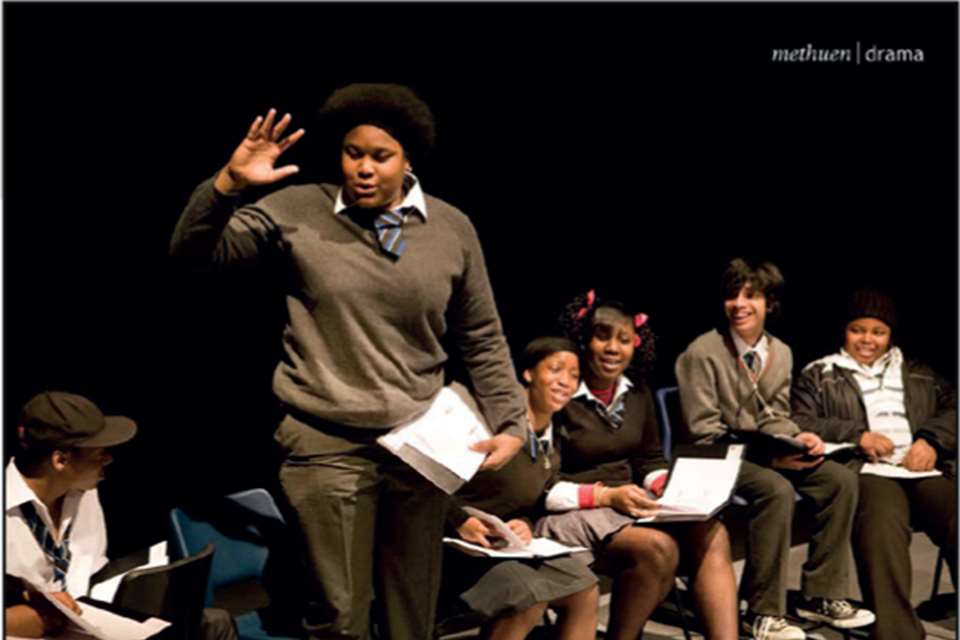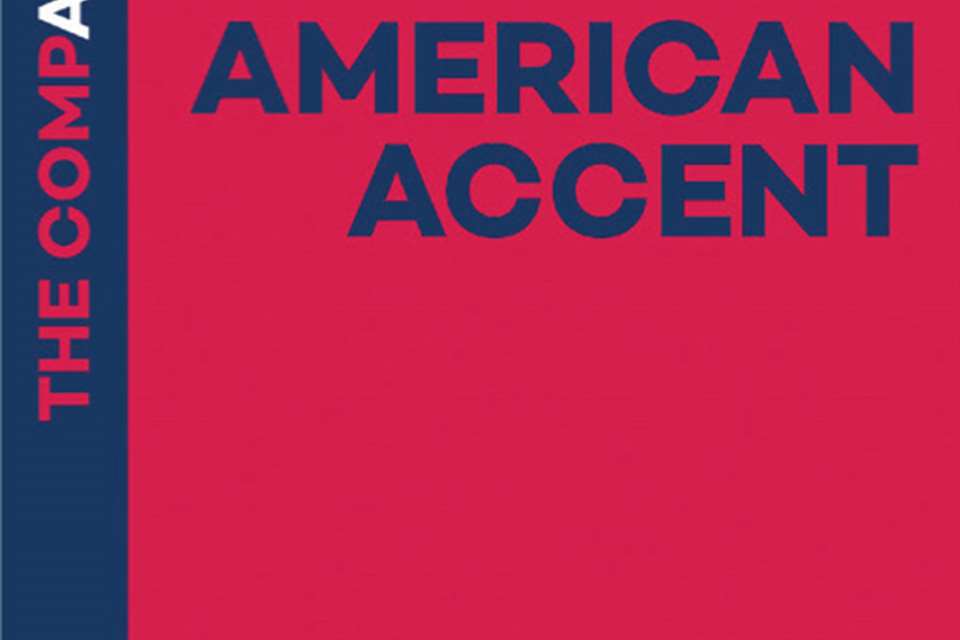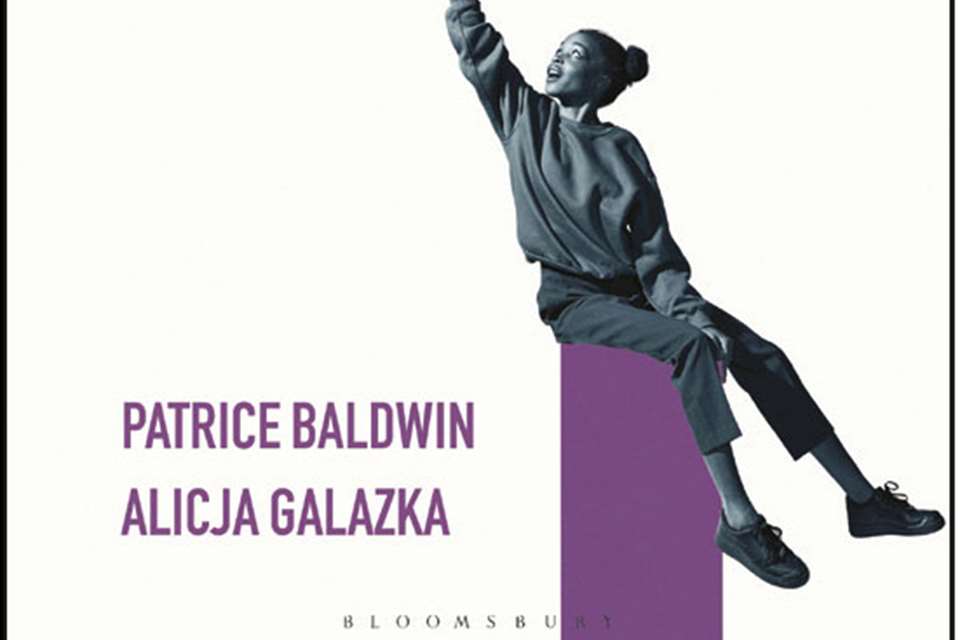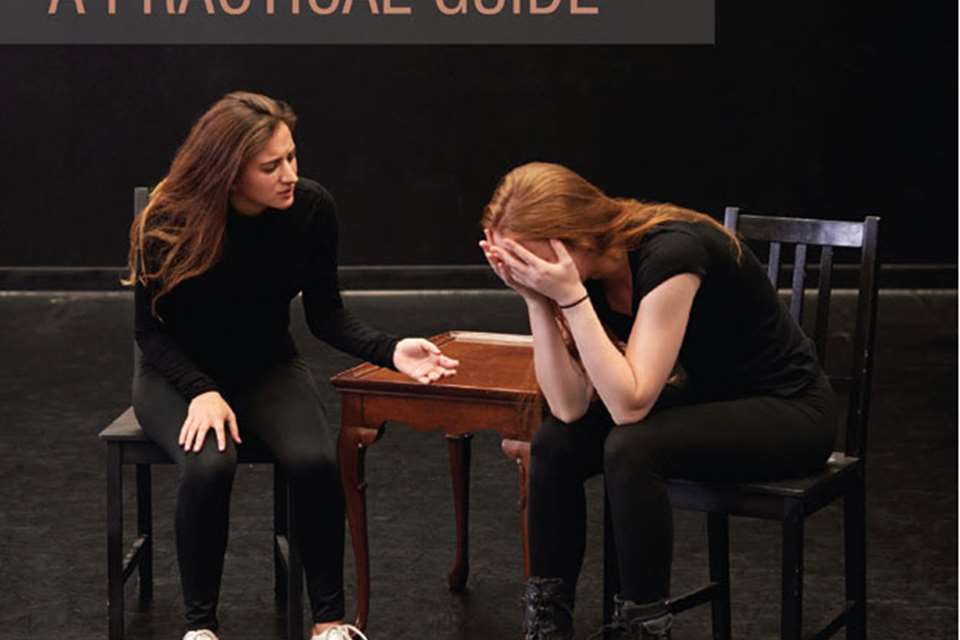Book Reviews: 100 Plays to Save the World
Hugh Blackwood
Thursday, September 1, 2022
Hugh Blackwood reviews 100 Plays to Save the World by Elizabeth Freestone and Jeanie O'Hare, published by Nick Hern Books.
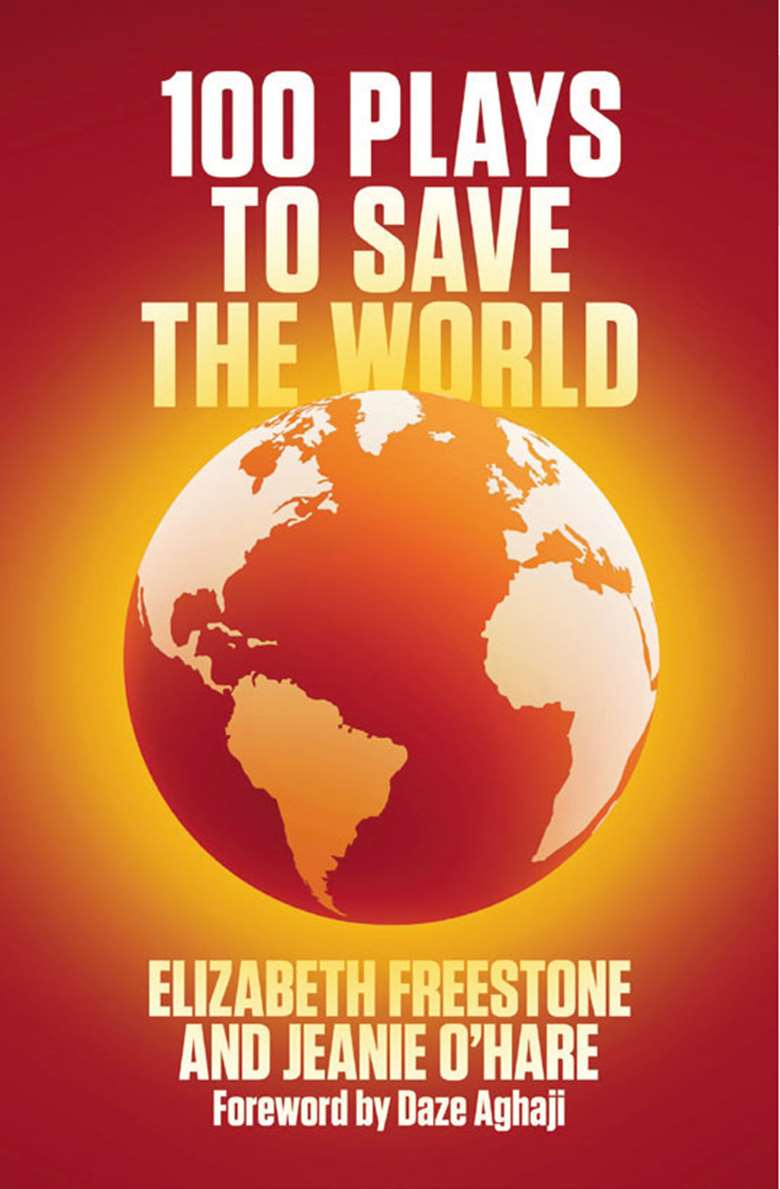
Register now to continue reading
Register to the Drama & Theatre website today and gain access to all the latest news and developments from the world of drama education. By registering you will receive:
- Free access to 4 subscriber-only articles per month
- Unlimited access to news and opinion on our website


